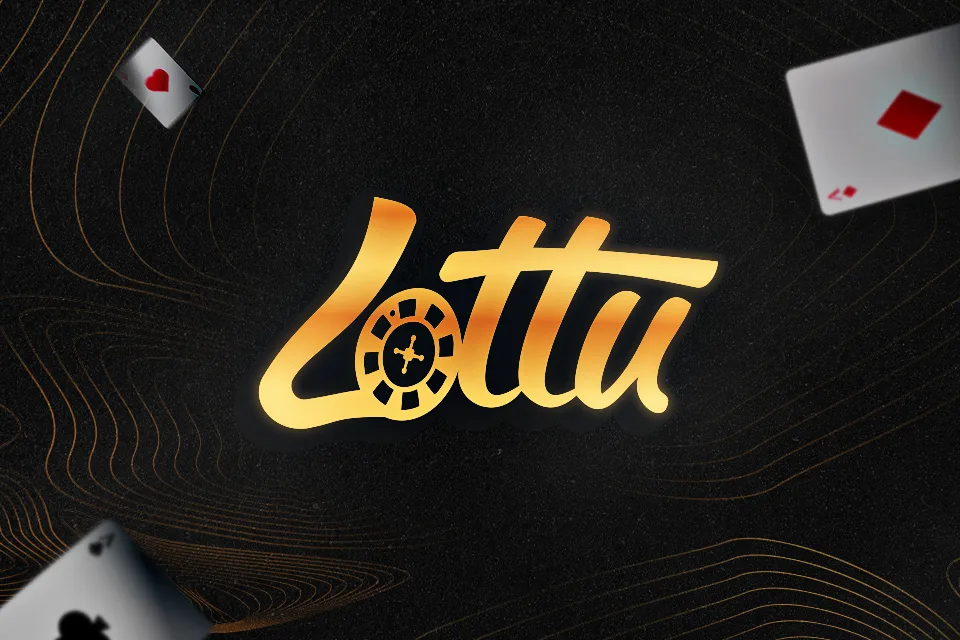Nikhil Arora is a poker enthusiast and consultant on social media marketing, business, and design development from Delhi, India. Nikhil has assisted various industry startups and veterans with online digital marketing. He also developed his startup, which helps gaming hosts with everything from player acquisition to player development and retention.
Nikhil has shared with GBC-Time his thoughts on trends in poker and, the influence of new technologies on the casino and gambling industry in India.
What significant trends have you noticed in recent years that have shaped the landscape of poker gaming in the country?
I believe that the proliferation of online platforms, AI integration, and skill-based play have had a significant impact on the poker gaming environment in India. These trends have widened access, attracting a diverse player base. However, the implementation of GST (Goods and Services Tax) has posed challenges. The varying interpretations of GST applicability on poker transactions have led to uncertainties for operators and players alike. Clear guidelines are needed to ensure a level playing field and sustainable growth for the industry.
With the increased popularity of online poker platforms, AI, VR, and other technological innovations, how has the traditional brick-and-mortar casino industry in India adapted, and what are the challenges they face in this digital era?
I strongly believe that the surge in online poker, AI, VR, and technology has driven traditional Indian casinos to establish virtual alternatives, embracing digital trends. However, challenges persist. Adapting to evolving player preferences is crucial, as brick-and-mortar casinos aim to maintain their allure amid the convenience of online platforms and changing entertainment landscapes.
India has a diverse cultural and legal landscape. How do various state regulations impact the growth and operation of the gambling industry, particularly about poker?
India’s diverse cultural and legal tapestry significantly influences the growth and functioning of the gambling industry, including poker. Varying state regulations create a complex and fragmented landscape. States like Goa and Sikkim have embraced poker as a game of skill, legalizing and regulating it. Nevertheless, in states with stricter gambling laws, poker may be considered a form of chance-based gambling, leading to legal ambiguities and operational challenges. This regulatory patchwork poses hurdles for players, operators, and potential investors, hampering nationwide consistency. A unified and clear legal framework acknowledging poker as a game of skill would boost industry growth, encourage responsible gaming practices, and provide a stable environment for the poker community to thrive across India.
Responsible gambling is a critical aspect of the industry. What measures do you believe are essential for fostering a culture of responsible gaming and player protection in India?
Definitely! Fostering a culture of responsible gaming and player protection in India’s poker industry is imperative. First, robust age verification mechanisms are important to prevent underage participation. Offering self-exclusion options and setting deposit limits empower players to control their spending. Regular awareness campaigns about the risks of compulsive gaming can educate players. Steps like implementing mandatory breaks during extended gameplay sessions encourage healthier habits. It’s also important to collaborate with mental health professionals to provide support for at-risk players. I think additionally, transparent reporting of winnings and losses can enhance player understanding. By integrating these measures, the industry can ensure a safer and more sustainable environment for players to enjoy poker responsibly.
In comparison to other international markets, what unique opportunities and challenges do the Indian poker industry present for investors and operators looking to enter the market?
Compared to other global markets, the Indian poker industry offers a vast untapped player base due to its growing population and interest. This presents a unique opportunity for investors and operators to tap into a potentially lucrative market. However, navigating India’s diverse legal landscape and varying state regulations can pose challenges. Additionally, the ambiguity and complexities of tax reforms, like GST, can deter potential growth, causing uncertainties for both operators and players. But, despite these challenges, with strategic planning and adaptation, I believe, entering the Indian poker market holds promise for those willing to embrace its unique dynamics.
How has the incorporation of skill-based gaming and esports elements influenced the popularity of poker in India, and what potential does this hybridization hold for the future of the industry?
The fusion of skill-based gaming and esports has increased poker’s appeal in India. Younger generations are drawn to the strategic and competitive aspects, amplifying its popularity. This hybridization enhances engagement and widens the player base, holding immense potential for sustained growth. As these elements become more integrated, the industry can anticipate even greater enthusiasm and a dynamic future.
In your experience, what marketing and promotional strategies have proven most effective in attracting and retaining players in the highly competitive online poker market in India?
Over the years I have seen marketing trends like Engaging tournaments with substantial prize pools, innovative loyalty programs, and enticing welcome bonuses have effectively attracted and retained players in India’s competitive online poker market. Social media collaborations and influencer partnerships also play a pivotal role in capturing and maintaining player interest, fostering a sense of community and excitement within the poker ecosystem.
Considering the cultural diversity in India, do you believe there is potential for localization of poker offerings to appeal to players from different regions, and what could be the benefits of such an approach?
Leveraging cultural diversity through localized poker offerings holds significant potential. Adapting game themes, avatars, and promotional content to resonate with different regions can enhance player engagement and loyalty. This approach fosters a sense of inclusivity, making players feel more connected to the game. It also showcases a deeper understanding of local preferences, thereby strengthening the appeal of poker and contributing to its sustained growth across diverse Indian communities.
Looking into the future, what are your predictions for the next five years in terms of market expansion, regulatory changes, and overall industry growth in the Indian poker and gambling sector?
In the next five years, the Indian poker and gambling sector is set for a robust expansion. Regulatory changes are expected to evolve, with more states acknowledging poker as skill-based, promoting growth. The industry will likely witness increased technological integration, catering to a wider audience. However, sustained growth hinges on more liberal tax reforms, providing operators and players clarity and encouragement. This proactive step could contribute to a flourishing, well-regulated, and globally competitive poker and gambling landscape in India.












